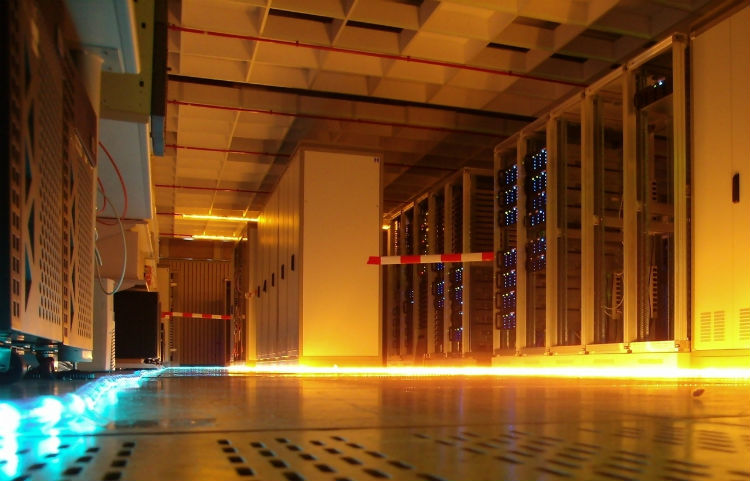Companies realize it wont be practical to rely on old forms of energy forever. The sooner they can test and implement new, greener solutions in their data centers, the quicker they can view the future confidently.
Green Data Centers Promote a Clean Future
Megan Ray Nichols | Schooled By Science
Regardless of how tech-savvy you are, you’ve probably heard of data centers, which are sometimes called server rooms. They’re sturdy, climate-controlled and secured buildings that contain servers, hard drives, and cables. Data centers also have Internet connections and are often the backbones of cloud-based storage operations.
Green data centers are slightly different because they contain the same things, but are carefully engineered to have the lowest possible impact on the environment. They often use solar or wind technology for power. Let’s look at why companies are becoming more interested in green data centers and what we can expect for the future.

Advantages of Green Data Centers
Supporters of green energy assert once people implement the proper green technology, it’ll be possible to run environmentally friendly data centers with almost no reliance on traditional sources of power. Microsoft is one major company that’s gradually reducing its dependence on non-renewable sources of electricity. Currently, 44 percent of the electricity used in the tech giant’s data centers comes from renewable energy, but a recent announcement indicated a desire to turn that figure into 50 percent by 2018.
The move away from older forms of energy shows Microsoft has a forward-thinking approach for the future that could help it achieve greater levels of success compared to companies that may not have considered such alternatives. Furthermore, green data centers can be heavily automated and tracked with metrics. Researchers might use that insight to monitor and improve overall energy usage, as well as efficiency for the data center’s equipment.
There are many things to think about when purchasing an industrial computer, and numerous other considerations that go into proper maintenance. One of them is related to keeping the equipment at a constant temperature. Otherwise, chilling equipment has to work harder to keep servers from developing hot spots, and your energy bill may rise.
Even if there are substantial costs associated with building a green data center, the increasing amount of data requires having more and more space for equipment. Not only that, but mega data centers also need lots of power. One of Google’s data centers in the Netherlands cost $772 million to make and uses as much electricity as between 90,000-120,000 homes. If a data center consumes that much energy, engineers have all the more reason to figure out whether they can tap into the wind, water and sunlight to reduce overall electricity costs.
What Does the Future Look Like?
Singapore is one of many nations eager to invest in green energy. In a bid to make progress towards developing green energy centers, the country is doing a test run of the world’s first tropical data center. Experiments are ongoing to see if data centers can function optimally despite being in hotter, more humid environments. If those are successful, the results may permanently alter what engineers consider the best operating temperatures for data centers of all sorts, and not just eco-friendly ones.
Recent advancements in cooling technologies benefit green data centers as well. The new methods depend on the outside air temperature and natural evaporation processes to minimize overall energy costs. This computer room evaporative cooling (CREC) systems also have the capability to shift power consumption from the climate control system to the information technology components. Supporters of CREC systems also say they can run during all or most months of the year.
As should now be clear, companies aren’t only becoming interested in green data centers for their own current ideals. They focus on the future and the possibilities it holds. Companies realize it won’t be practical to rely on old forms of energy forever. The sooner they can test and implement new, greener solutions in their data centers, the quicker they can view the future confidently.

The content & opinions in this article are the author’s and do not necessarily represent the views of AltEnergyMag
Comments (0)
This post does not have any comments. Be the first to leave a comment below.
Featured Product

